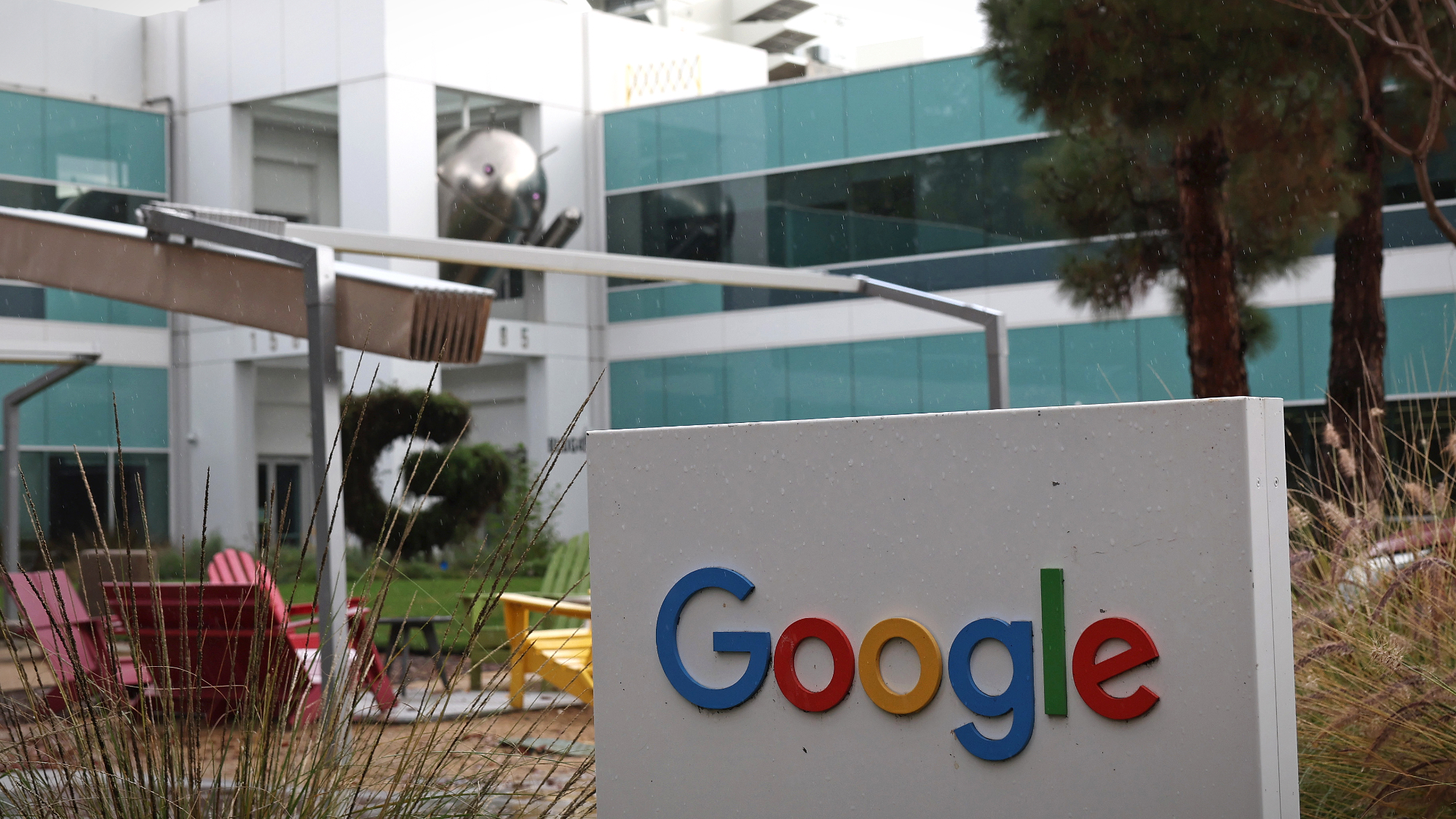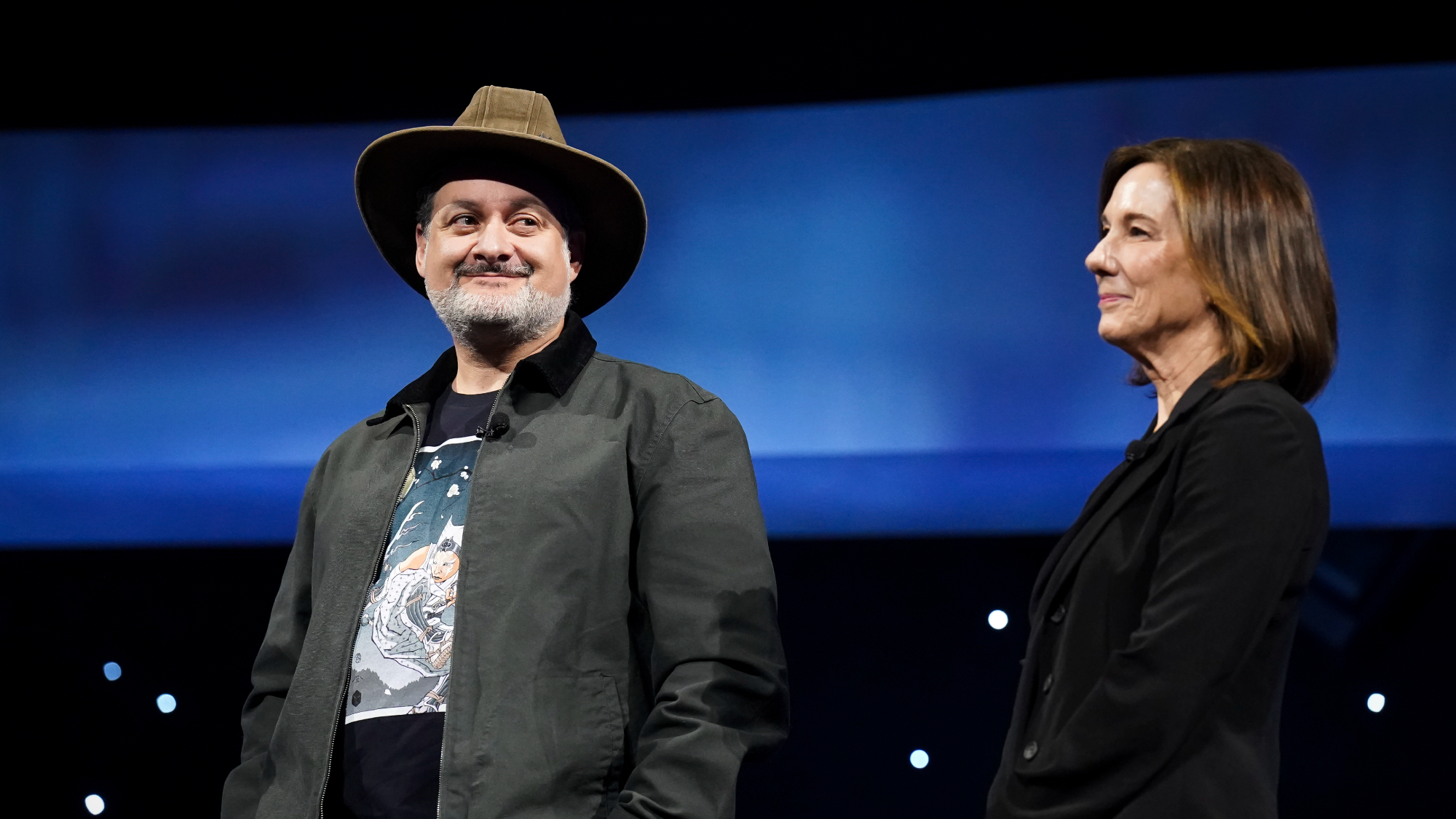Google loses antitrust suit, declared 'monopolist'
A federal court has ruled that Google illegally dominated the internet search industry


A free daily email with the biggest news stories of the day – and the best features from TheWeek.com
You are now subscribed
Your newsletter sign-up was successful
What happened
U.S. District Judge Amit Mehta ruled Monday that Google illegally operated a monopoly over the internet search industry. The massive antitrust decision followed a 10-week trial in which the Justice Department said Google was using its market dominance to unfairly quash competition at the expense of consumers, advertisers and rival search engines.
Who said what
"Google is a monopolist, and it has acted as one to maintain its monopoly," Mehta said. The decision is a "major blow" to the "bedrock of Google's empire," Yahoo Finance said. It's also a "huge win for the Justice Department and could have giant implications" for other major tech firms.
Mehta's ruling "focused on the billions of dollars Google spends every year to install its search engine as the default option on new cellphones and tech gadgets," The Associated Press said. Those contracts with other tech giants gave Google the "scale to block out would-be rivals" like Bing and DuckDuckGo, CNN said.
Attorney General Merrick Garland called the verdict a "historic win for the American people." Kent Walker, Google's president of global affairs, said Mehta's ruling "recognizes that Google offers the best search engine, but concludes that we shouldn't be allowed to make it easily available."
What next?
Mehta set a Sept. 6 hearing to begin fashioning Google's penalties. The company said it will appeal the decision, a process that could delay Mehta's remedies for as long as five years, the AP said. Google faces a separate antitrust suit over its advertising infrastructure and "scrutiny in other jurisdictions, including the European Union," The Washington Post said.
The Week
Escape your echo chamber. Get the facts behind the news, plus analysis from multiple perspectives.

Sign up for The Week's Free Newsletters
From our morning news briefing to a weekly Good News Newsletter, get the best of The Week delivered directly to your inbox.
From our morning news briefing to a weekly Good News Newsletter, get the best of The Week delivered directly to your inbox.
A free daily email with the biggest news stories of the day – and the best features from TheWeek.com
Rafi Schwartz has worked as a politics writer at The Week since 2022, where he covers elections, Congress and the White House. He was previously a contributing writer with Mic focusing largely on politics, a senior writer with Splinter News, a staff writer for Fusion's news lab, and the managing editor of Heeb Magazine, a Jewish life and culture publication. Rafi's work has appeared in Rolling Stone, GOOD and The Forward, among others.
-
 How the FCC’s ‘equal time’ rule works
How the FCC’s ‘equal time’ rule worksIn the Spotlight The law is at the heart of the Colbert-CBS conflict
-
 What is the endgame in the DHS shutdown?
What is the endgame in the DHS shutdown?Today’s Big Question Democrats want to rein in ICE’s immigration crackdown
-
 ‘Poor time management isn’t just an inconvenience’
‘Poor time management isn’t just an inconvenience’Instant Opinion Opinion, comment and editorials of the day
-
 Lucasfilm passes ‘Star Wars’ torch to new leaders
Lucasfilm passes ‘Star Wars’ torch to new leadersSpeed Read Kathleen Kennedy is stepping down after 14 years at the company
-
 Buffett: The end of a golden era for Berkshire Hathaway
Buffett: The end of a golden era for Berkshire HathawayFeature After 60 years, the Oracle of Omaha retires
-
 Tariffs have American whiskey distillers on the rocks
Tariffs have American whiskey distillers on the rocksIn the Spotlight Jim Beam is the latest brand to feel the pain
-
 TikTok secures deal to remain in US
TikTok secures deal to remain in USSpeed Read ByteDance will form a US version of the popular video-sharing platform
-
 SiriusXM hopes a new Howard Stern deal can turn its fortunes around
SiriusXM hopes a new Howard Stern deal can turn its fortunes aroundThe Explainer The company has been steadily losing subscribers
-
 How will the Warner Bros. bidding war affect the entertainment industry?
How will the Warner Bros. bidding war affect the entertainment industry?Today’s Big Question Both Netflix and Paramount are trying to purchase the company
-
 Texas is trying to become America’s next financial hub
Texas is trying to become America’s next financial hubIn the Spotlight The Lone Star State could soon have three major stock exchanges
-
 US mints final penny after 232-year run
US mints final penny after 232-year runSpeed Read Production of the one-cent coin has ended
